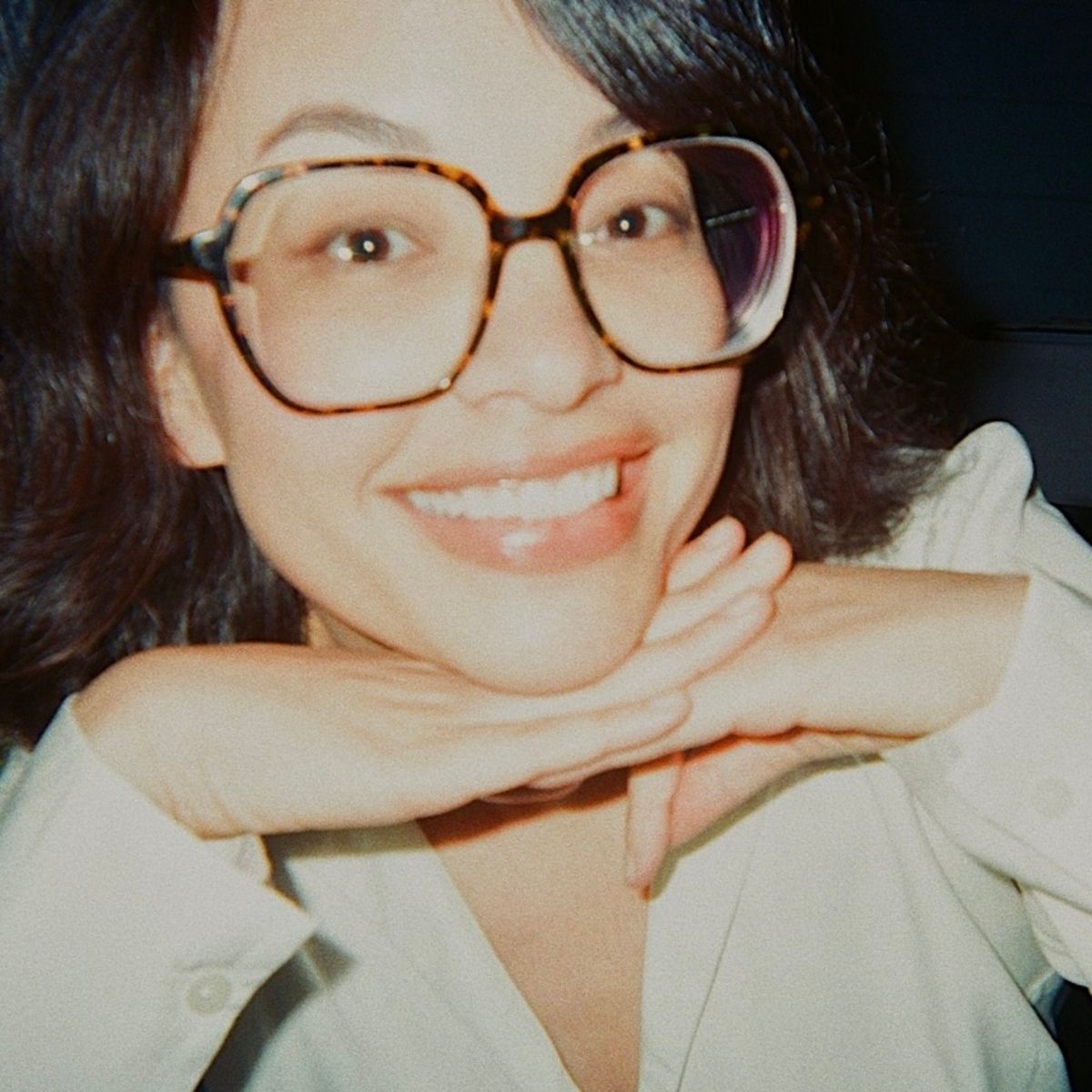Welcome to the Tuesday edition of Huge Fan!
Tuesday’s posts focus on how fandom fuels business and the people turning passion into something bigger. Fridays are for the heart. Stories from the fans. Why they stay, who they've met, and the love that keeps pulling them back.
Some brand collab launches feel like they materialize overnight. A capsule drops, a quick social post follows, and then it’s over. But Ricki Beach Club is playing a different game. Each creator collaboration is a carefully crafted beach town story, not a one-and-done moment.
Ricki Beach Club began as an ode to beach towns everywhere, the places that shaped us and hold our fondest memories. Over time, founder Lauren Browning shifted from a classic swimwear label into a lifestyle brand where limited edition capsules are co-created with a featured influencer. Each capsule is inspired by the collaborator’s favorite beach town and every creator earns a share of the revenue.
This is not about slapping a logo on something and calling it a day. Lauren builds genuine narratives with each creator, weaving nostalgia and place into shape, print, and fabric. That creative partnership is the reason fans do not just tune in, they show up eager and ready for swimwear that feels like a memory they can wear.
I have had the pleasure of working with Lauren and her businesses so I’ve seen firsthand how she turns a good idea into something that works. We talked about how she chooses collaborators, what she’s learned about fan behavior, and why private channels are the secret weapon most brands are sleeping on.

The early days
Before launching Ricki Beach Club, Lauren Browning wasn’t deeply embedded in the influencer world. She followed a few people but didn’t consider herself “in the scene.” As she began shaping her vision, she started screenshotting creators from her TikTok and Instagram feeds, studying their niches, and thinking about who might be a good fit for a collaboration. Her first partner was Julia Ricketti, a Boston-based micro influencer. Both were early in their journeys and, as Lauren puts it, “taking a chance on each other.”
Why micro influencers matter
Lauren has learned that follower count isn’t everything. In fact, the smallest audience in a recent season brought in the strongest collection performance. Over time, she’s become more intentional about who she works with, focusing less on size and more on substance. “Micro influencers have so much influence,” Lauren shared.
What Lauren looks for now:
Influencers who consistently post
High engagement (public likes, comments, click-throughs) and someone who doesn’t hide their like totals
Owned audience platforms (newsletters, private channels, Substack)
Sales thresholds on affiliate platforms like LTK and ShopMy
What makes a collab convert

I absolutely love this collab with Stephanie Covington
For Lauren, pre-launch is everything. The most successful Ricki Beach Club collection sold 72% of its inventory on launch day, thanks to a deliberate rollout.
Keys to that success:
The influencer teasing mood boards and ideas months in advance
Asking their audience feedback on colors, styles, and prints
Building anticipation through their private IG broadcast channel and SMS reminders
Private and closed groups like SMS lists to broadcast channels to private memberships consistently deliver the highest conversion rates.
A strong POV
One thing that stood out to me in talking with Lauren is how intentional she is about avoiding what she calls the “lazy collab.” Consumers can tell when a creator simply puts their name on a product without real involvement and Lauren is committed to true co-creation. She invites collaborators into the design process, giving them space to bring their vision to life while guiding them toward styles, colors, and cuts that will actually sell. Over time, she has learned how to push back diplomatically when an idea is not commercially viable.
Lauren also draws a clear line between creators and influencers. Creators produce beautiful content and curate an aesthetic, while influencers actively shape the purchase decisions and lifestyle choices of their audience. The people who influence Lauren the most are often smaller accounts or individuals she has followed for years, where trust has been built over time.
"Creators make beautiful content. Influencers actively shape purchase decisions."
I couldn’t agree more with this! The other day, a comedian that I follow recommended a sparkling water flavor and I bought it that same day. To the people who can (unfairly) roll their eyes at the concept of an influencer, I push back. An influencer is anyone and everyone. It could be you, me, someone influencing full time, or someone who isn’t making a single dollar!

Something we didn’t touch on - CAPTURING GREAT PHOTO + VIDEO! SO key.
Advice for brands tapping into fandom
Lauren’s approach to collaborations is as much about relationships as it is about results. Her advice for brands looking to work with a collaborator’s audience in a way that feels authentic (and actually converts) includes both online strategy and offline connection points:
Do your homework: Study the creator’s world, habits, and audience before reaching out.
Make it personal: Scrap the generic canned email. Use mood boards and concepts inspired directly by their own imagery and aesthetic. Give them a vision and show them that you put in the time.
Don’t force it: If it’s not a fit, move on quickly rather than trying to make it work.
Think long-term: Build relationships that feel good on both sides and leave room for future projects.
Take it offline: Give fans a chance to connect in person through launch events, pop-ups, or gatherings. These moments deepen fandom and build strong customer relationships.
“A lot of influencers really care deeply about their fandoms. They protect it, covet it, and want to serve them. That’s been the coolest thing to witness.”

